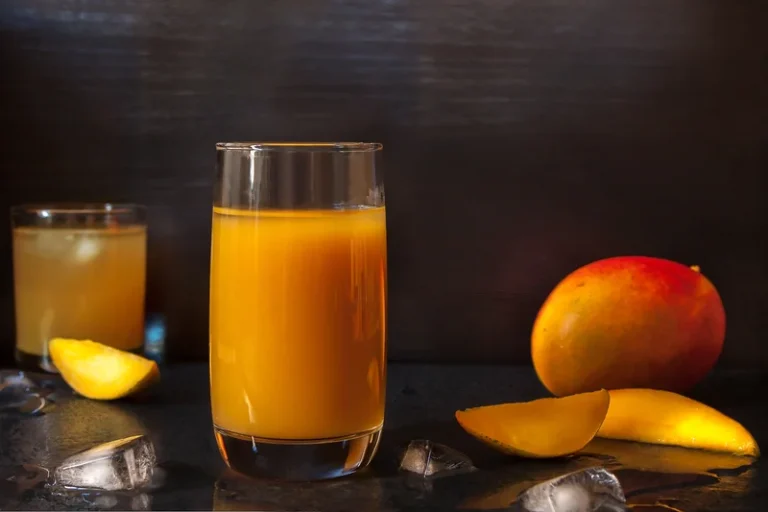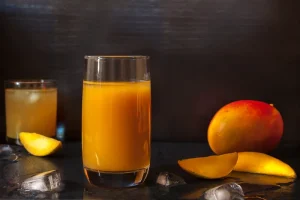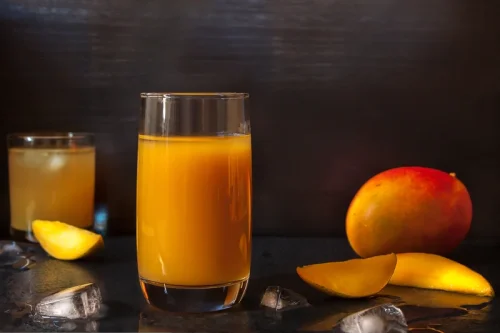
Rebuilding or forming new relationships that emphasize mutual respect and healthy communication can create a nurturing environment for healing. This includes recognizing toxic relationships that may impede progress and focusing on those that uplift and motivate. In any close relationship, people share important aspects of their life romantic relationships in recovery experience and who they are. But, how do you know when to let others know that you’re in recovery from addiction? Many people have a lot of uncertainty about disclosing their status as a person in recovery in new relationships. Such relationships include new friends, co-workers, and romantic partners.

COO and Program Director

Lynn’s unique background allows Stage’s clients to introduce and foster creativity throughout their personal recovery. Explore diverse substance use disorder treatment options to support healing https://ecosoberhouse.com/ and recovery for lasting change. Explore marijuana and its psychological impact, from brain function to mental health risks.
- His expertise covers a broad of topics relating to addiction, rehab and recovery.
- Having an external person validate you, or “fix” you, can be very tempting, but it’s ultimately harmful to your recovery.
- At Discover Recovery, we recommend establishing routines that include time for personal growth and shared activities that do not involve substances so that your detox remains at the forefront.
- They may interrupt the other person, make rash accusations, or come to irrational conclusions about things when feeling vulnerable or judged.
- Someone who’s already experiencing mental health issues may find their symptoms intensify.
- He holds a Bachelor’s and Master’s Degrees in social work from Texas Tech University.
How can you improve communication and trust in romantic relationships post-addiction?

In cases where the partner also struggles with addiction, you may find that you’re able to succeed in recovery together. You may also realize that it’s time to break free from a co-dependent and drug-dependent relationship. One of the most common side effects of substance dependence is changes in mood and behavior.
What are the Long-Term Effects of Dimenthyltryptamine (DMT)?

Victims might also show loyalty or even compassion for their abuser as a way to protect themselves emotionally. In these abusive situations, the victim’s emotional state fluctuates based on the abuser’s behavior, fostering an emotional attachment. This occurs when extreme emotional highs and lows bind the victim to the abuser. Isolation further amplifies the captor’s influence, as victims lack outside perspectives to challenge the abuser’s narrative. The abuser or captor exerts dominance over the victim, who may start to see any small kindness as meaningful. In abusive relationships or hostage situations, there’s often a significant power imbalance.
- Supportive but not enabling behavior while also making you feel good about yourself and feeling supported.
- When you stay focused on these things, you make it much easier to avoid directing all your energy to starting a relationship.
- If the relationship or the person is right for you, they can wait until you’re able to get and stay sober with the help of addiction treatment programs.
- Unfortunately, dating someone from your past life can present some risks to your well-being.
Mixing Vivactil with Alcohol
- If you have any thoughts or experiences to share regarding the pros and cons of recovery-based romantic relationships, feel free to share by posting a comment below.
- Emotional support plays a pivotal role in rebuilding intimacy during recovery.
- In these situations, the victim might experience feelings of self-blame and guilt while trying to justify the abuser’s actions.
Moreover, these relationships help individuals navigate challenges and reduce stress, thereby decreasing the likelihood of relapse. Engaging with support groups, such as Alcoholics Anonymous or Narcotics Anonymous, further strengthens recovery by offering shared understanding and accountability. Recovery, as anyone who has gotten sober will tell you, requires hard work. While dating can be difficult for anyone, regardless of sobriety status, it’s worth acknowledging that Alcoholics Anonymous it can be particularly difficult for those in recovery.
You are emotionally raw
This includes being able to communicate openly and honestly, setting boundaries, and maintaining healthy levels of independence. If you are going to stay in a relationship with someone, they need to be aware that you are in a tentative stage of your recovery. The risk of relapse is high in early recovery, and they should know this.
